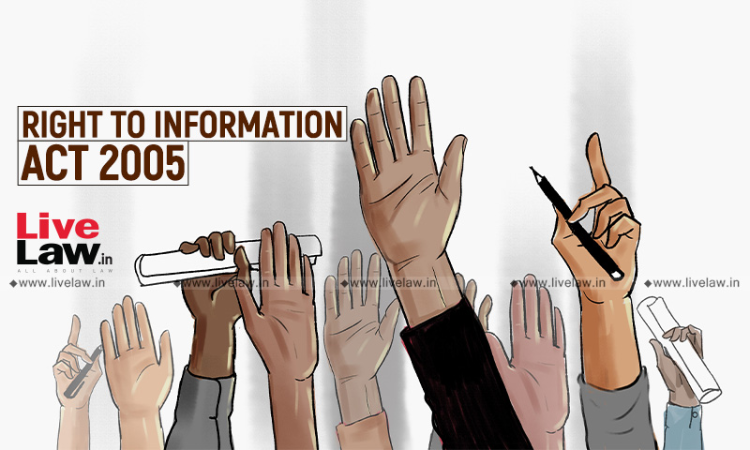RTI Act | Penalty Imposed On Public Information Officers For Delay In Reply Depends On 'Malice': Delhi High Court
Nupur Thapliyal
4 Nov 2023 11:30 AM IST

Next Story
4 Nov 2023 11:30 AM IST
The Delhi High Court has observed that the Right to Information Act, 2005, only specifies the maximum limit of penalty to be imposed on Public Information Officers and the said amount may vary depending on malice and degree of inaction on the officials’ part in not providing the information.Justice Subramonium Prasad said that even though Section 20 of the RTI Act stipulates a maximum...
